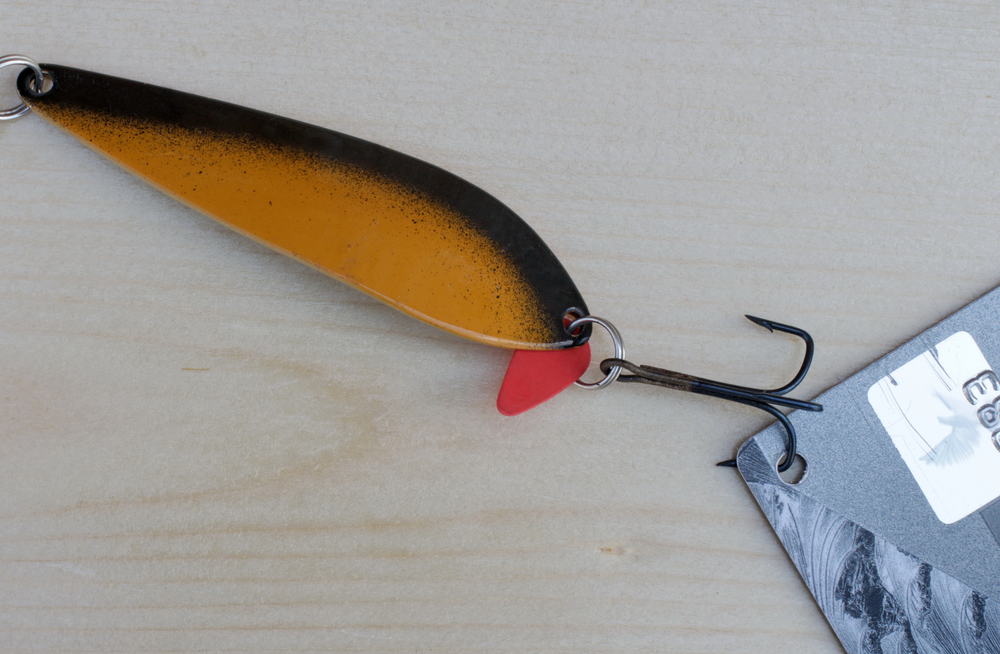How to Use a Credit Card Without Falling Into Debt

Say the words “credit card” among certain groups, and you’ll notice the polarizing effect. Another group would say credit cards are a great way to build credit and earn rewards, and they too would be right.
Credit scores are calculated based on a few different factors, one of which is credit mix. This looks at whether you have a proven track record of handling installment loans (like a mortgage or auto loan) and revolving debt (like credit cards). Pair this with on-time payments and long-standing accounts, and credit cards can help improve credit.
And rewards, including everything from cash back to airline miles, are one significant payback to credit not offered with other types of payment. Depending on the type of credit card and the structure of their reward system, you could be raking in hundreds of dollars in perks for everyday spending.
The difference in these drastically different viewpoints on credit cards boils down to one thing: how credit cards are used. In order to reap the positive benefits of credit card usage, there are a few important rules to follow.
Know What You’re Getting Into
Credit card agreements have a mountain of fine print. While most consumers won’t read all the details, this could potentially create bigger debt problems down the road. Here are a few areas to pay attention to.
Rates
Different rates apply for different types of credit usage. For instance, purchases will carry one rate, while cash advances will carry another (often higher than the purchase rate). Also, pay careful attention to how long an introductory 0% APR will last, and if balance transfers are subject to a higher APR after the initial introductory period.
Fees
The vast majority of cards carry fees, but they can vary drastically. Here are a few to pay attention to.
- Annual fees: Some cards don’t charge annual fees at all, but others may charge a fee from the start, or upon your one year anniversary of being a cardmember.
- Penalty fees: This could include late fees, returned payment fees, or fees for going over your credit limit.
- Cash advance fees: If you opt to pull cash from your card, this can carry a set fee or a fee equal to a percentage of the cash advance.
- Balance transfer fees: Balance transfer fees may also be a percentage of the total amount you are transferring -- a substantial amount depending on the size of the transfer.
- Miscellaneous fees: Some credit cards take fees to another level, including fees for hard copies of statements and fees for paying by phone.
Grace Period
A few years ago, I received a letter from my credit card company about changes made to their cardmember agreement. After not taking the time to read the fine print, I noticed interest charges on my next statement. One upset phone call later and I realized they had abolished their interest-free grace period altogether. So my purchases were accumulating interest from day one -- even if I paid the balance in full each billing cycle.
Make sure to check and fully understand how your credit card grace period works before using the card. While many cards will offer anywhere from 20-30 days before interest begins accruing, some don’t offer any at all.
Use Credit Cards for the Right Reasons
Debt and credit card usage don’t have to go hand in hand. But in order to avoid this all-too-common consumer struggle, credit cards have to be used for the right reasons.
Don’t: Use credit cards as an additional source of funding
The quickest path to debt is charging to your card what you can’t currently cover in cash. The easiest way to stay in debt is to continue paying only the minimum payment. Both are the result of using credit cards as an additional source of funding instead of another type of payment with the same spending limits as a debit card or cash.
Do: Use credit cards to build credit
Credit cards can either help or hurt your credit score, depending on a few key factors.
- Bill Payment: Your bill must be paid on-time, every time. One late payment of 30-60 days can lower your score for years before enough time has passed for it to drop off your report.
- Credit Utilization: Just because you are given a certain credit limit doesn’t mean you should charge up to that amount. Your credit score calculates your credit utilization ratio, meaning how much of your available credit you’ve actually used (both on individual accounts and with all of your accounts combined). Many experts suggest keeping this number at or below 30%. (ex. A card with a $10,000 limit shouldn’t have more than $3,000 charged at one time.)
- Credit History: Your credit score takes into consideration both the number of accounts you have open and the average length of your credit history based on these accounts. Therefore your score could suffer if you continuously open new accounts or if you close existing accounts.
By selecting cards you plan to stick with, paying your bill on time, and keeping credit utilization low, you can use credit cards to build your credit -- without landing in debt as a result.
FICO Credit Score Factors and Their Percentages
| FICO credit score factors | Percentage weight on credit score: | What it means: |
|---|---|---|
| Payment history | 35% | Your track record when it comes to making (at least) the minimum payment by the due date. |
| Amounts owed | 30% | How much of your borrowing potential is actually being used. Determined by dividing total debt by total credit limits. |
| Length of credit history | 15% | The average age of your active credit lines. Longer histories tend to show responsibility with credit. |
| Credit mix | 10% | The different types of active credit lines that you handle (e.g., mortgage, credit cards, students loans, etc.) |
| New credit | 10% | The new lines of credit that you've requested. New credit applications tend to hurt you score temporarily. Learn more about FICO credit score |
Do: Use credit cards to cash in on rewards (responsibly)
If you’re making purchases on a credit card in order to earn rewards, there’s one very important thing to remember: Those rewards lose their value if you’re paying interest or fees on the purchases. They also aren’t worth anything if you’re spending more just to earn the rewards.
On the other hand, if you are responsible with your credit card usage and avoid paying interest and fees, rewards can be a great reason to go with credit instead of debit.
Pay Your Bill in Full Every Month
The most dependable way to ensure you won’t fall into a mountain of credit card debt is to pay your bill in full, every month. By making this a non-negotiable before getting a credit card, you can avoid the small bleed of interest payments and fees many cardholders end up drowning in. Here are a few ways to make that happen.
- Don’t charge what you can’t pay cash for: If you don’t have the means to make the purchase using what you currently have in your bank account, or you won’t have the means to cover it in full when your bill comes due, don’t make it.
- Don’t use credit to make impulse purchases: If you want to make an impulse purchase, establish a rule that you can only do so using the liquid funds you have available right now. Not only will that help you avoid credit card debt, but it could help curb your impulse spending as well.
- Make more than one payment throughout the month: If you are worried about being able to cover one large payment each month, spread it out and make multiple payments throughout the month instead.
Track Your Spending
According to Psychology Today, there are underlying reasons why credit card spending can be more detrimental to your bottom line than regular spending.
“Manoj Thomas and colleagues recently found that spending differences between tightwads (who chronically find spending painful) and spendthrifts (who don’t find spending painful enough) were smaller when people were required to use credit to make purchases than when people were required to use cash. Credit helps to anesthetize the pain of paying, and it caused tightwads to nearly catch up to the spending levels of spendthrifts.”
Whether you know your spending biases or not, there’s one to try to combat them: tracking your spending. This can keep you in line with a monthly budget and allow you to adjust accordingly should your spending creep up to a level higher than normal. This also ensures you can pay your bill in full each month and keeps you from experiencing spending shock when your bill arrives.
It’s All About Your Habits
Credit cards aren’t inherently bad. In fact, they can be a helpful financial tool if paired with the right habits. If these habits haven’t been established, or your finances are on rocky ground already, credit cards might not be the way to go. But if you can use credit responsibly and have the financial means to make your payments in full, a fear of debt doesn’t have to be the deciding factor.

